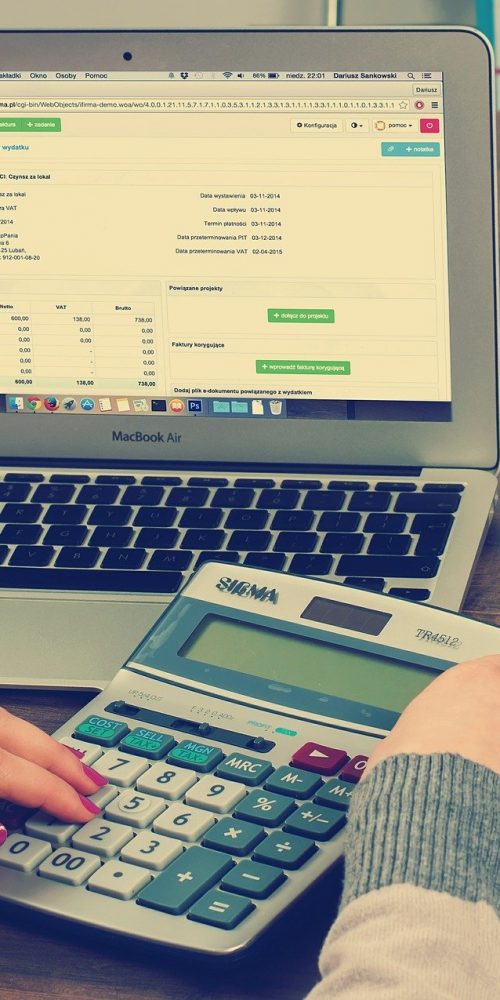Addressing the Urgent Need for Guidance on Upcoming Tax Deadlines
Recent research indicates that a staggering 25% of self-employed individuals across the UK are considering deferring their tax obligations for the 2019-20 fiscal year. This trend is primarily fueled by the financial strains brought on by the coronavirus pandemic and the accompanying restrictions that have severely affected numerous businesses. A survey conducted by Which?, involving 4,000 taxpayers, underscores the immediate requirement for personalized assistance regarding tax deadlines. These findings highlight an urgent need for effective strategies and solutions aimed at supporting those who are grappling with their financial commitments in these unprecedented times.
The deadline for submitting tax returns is set for January 31, coinciding with the payment due date for the 2019-2020 tax year. Alarmingly, approximately one in four self-employed taxpayers have opted to postpone their payments, which are due in less than two weeks. This situation is further complicated by the fact that around 22% of these individuals had previously taken advantage of the government’s offer to defer payments due by July 2020. Furthermore, the survey estimates that UK taxpayers will collectively invest around 19 million hours preparing their tax returns as the deadline approaches, highlighting the significant burden they face.
Despite the looming deadline, a segment of taxpayers has yet to finalize their payment strategies. Roughly 16% remain unsure about their next steps or have not given the matter serious consideration. Additionally, over 42% have already chosen to defer their July payments due to ongoing financial difficulties. This scenario emphasizes the widespread impact of economic uncertainty on tax compliance and underscores the critical need for accessible support services tailored to assist those in financial distress.
The UK government has introduced a Time To Pay scheme, allowing taxpayers to distribute their tax bill payments over the year in manageable monthly installments. This option provides a less daunting approach to managing tax liabilities; however, it is important to be aware that interest will accrue on any unpaid balance. Taxpayers facing challenges in meeting their tax responsibilities should consider this alternative carefully to ensure they can effectively manage their obligations.
The Time To Pay scheme remains available at all times, irrespective of the pandemic’s effects, and should not be confused with the government’s provision for deferring payments initially due by July 2020. The latter was part of a broader set of financial relief measures designed to support self-employed individuals, permitting them to extend their payment deadlines until January 31, 2021.
Recognizing the Importance of Timely Tax Payments to Avoid Financial Penalties

Failing to submit your tax payment by the January 31, 2021 deadline can lead to significant financial repercussions. Taxpayers must proactively engage with HMRC to establish a feasible alternative, such as a Time To Pay agreement, to avoid incurring penalties. Being late on tax payments can attract a hefty interest charge of 2.6% from the original due date. Moreover, a 5% penalty on the unpaid tax will be imposed after 30 days, followed by an additional 5% fee on July 31, 2021, and yet another 5% charge after one year of late payment. These financial consequences underscore the vital importance of meeting tax obligations promptly to prevent the accumulation of debt.
Key Steps to Take If You Cannot Pay Your Tax Bill on Time
For those facing financial difficulties who find themselves unable to fulfill their tax obligations, the government has implemented several support schemes designed to assist. One viable option is to negotiate an agreement with HMRC through their Time To Pay scheme; however, eligibility for this program comes with specific criteria:
- You must owe less than £30,000 in tax
- The arrangement must be initiated within 60 days of the payment deadline
- Your tax returns must be current and submitted
- You should have no outstanding debts with HMRC
- You must not currently have any other payment plans or agreements with HMRC
If your tax debt exceeds £30,000 or you expect to need more than the maximum 12 months allowed by the Time To Pay scheme, it is still possible to discuss alternative installment arrangements with HMRC. The most critical step, especially if you are unsure about your ability to pay your tax bill or need guidance on postponing your payment, is to reach out to the HMRC Payment Support Service at 0300 200 3835. Taking proactive steps can significantly help you navigate these challenging financial times more effectively.
Discover Essential Resources for Effective Financial Management

Debt Consolidation Loan Calculator for Smart Financial Planning
Debt Consolidation Loan Calculator for Smart Financial Planning

Furlough Rights Explained: Know Your Entitlements
Furlough Rights Explained: Know Your Entitlements

Debt Consolidation Loan Advice: Why It’s Essential Before Applying
Debt Consolidation Loan Advice: Why It’s Essential Before Applying

Avoiding a Financial Ticking Time Bomb: Essential Tips
Avoiding a Financial Ticking Time Bomb: Essential Tips

Rights of a Debt Collection Agency Explained
Understanding the Rights of Debt Collection Agencies
</




The statistics you’ve shared are indeed concerning, as they reveal the deep financial unease many self-employed individuals face during these challenging times. It’s remarkable to consider how the pandemic has reshaped our relationship with our finances and obligations. I’ve spoken to several freelancers who are wrestling with anxiety over upcoming tax deadlines, and it’s clear that many are balancing not just their accounts but also the emotional toll that comes with this uncertainty.
It’s true; the emotional strain on freelancers and self-employed individuals during this time is often overlooked. The pandemic has not only affected our finances but also the broader narrative around work-life balance. Many of us have had to become more adaptable and resilient, not just professionally but personally as well.
You’re spot on. The emotional challenges for freelancers and the self-employed are often swept under the rug, but they’re incredibly real. Balancing not just our work but our mental health has been quite the juggling act.